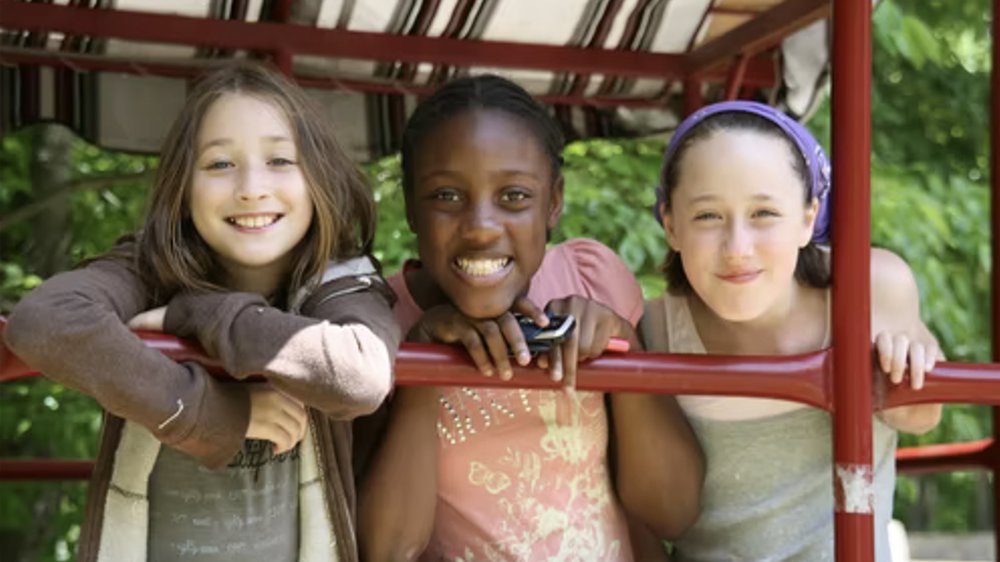When I lead professional development sessions for Love In A Big World, I always ask educators what is influencing the way our students see the world. Regardless of the grade level, the teachers unanimously agree that social media has the biggest influence. They often continue with comments about verbal disagreements and physical altercations in the school building that started with a message on social media. This has raised the question for me: In our social media driven world, are we providing the instruction and guidance our students need for creating and nurturing their online identities?
Recently, I spoke with a student who was suspended from school for reposting a photograph that an acquaintance at another school had taken. The photo featured a special needs student using the bathroom. The high school boys found it funny that one of their peers would drop his pants down to his ankles in the school restroom. Within the hour that the image was snapped and shared, law enforcement arrived to arrest the boys. They were informed that their behavior was against the law because they had a nude photograph which amounts to child pornography as well as a hate crime because they targeted a special needs student and added the hashtag “retard”. Needless to say, the boys involved were severely disciplined by the school and the State for their offenses.
It is incumbent upon us as caring adults in the lives of children to teach them about appropriate online behaviors. This goes beyond basic digital citizenship lessons encouraging students not to share their personal information with strangers. This includes direct instruction about the dangers of sexting and viewing pornography.
Beyond the legal ramifications of these behaviors are the issues of identity and worth.
Students in middle school and high school are developing their sense of identity. They are exploring big questions, such as “Who am I and how do I want to be known by others?”
In the past, the answers to these questions were often answered by a student’s choice of clothes, hairstyle and afterschool activities. Nowadays, this self-representation is augmented by their online personas.
If students lack a sense of values, then the online world is a place where anything goes, especially because their activities are not monitored in the same way as the physical world. The answer is not for all grown-ups to join SnapChat or TikTok. Instead, we caring adults must have direct conversations, even about uncomfortable topics, and help them connect the dots between what happens on social media and how that impacts their current and future selves.
Our values about what it means to be human guide our conversations, namely Respect, Responsibility, Self-Control, Moderation, and Kindness. Consider the chart below which provides kid-friendly definitions of these character traits along with example behaviors. Use this as a starting point for conversations with the students in your life, at school and at home.
|
Character Trait |
Behavior |
|
Respect – valuing yourself & others |
I can post photos and messages that make my family proud of me. |
|
Responsibility – taking charge of your own words & actions |
I am the boss of what I do and say, not the influencers on social media. |
|
Self-Control – managing your feelings, attitudes, and actions |
I can choose to ignore negative messages or discard inappropriate content. |
|
Moderation – keeping a balance; avoiding extremes |
I can take breaks from my phone to connect with people around me and to take care of myself, i.e. read, study, exercise, sleep, etc. |
|
Kindness – treating others the way you want to be treated |
I can use words and images that build people up, not tear them down. |
Helping students understand that their online behaviors do have real world consequences, positive or negative, empowers them to answer this question: “How do I want to show up in this world?” Let us challenge them to be their best selves.
About the author

Tamara Fyke is an educator and social entrepreneur with a passion for kids, families, and urban communities. She is the creator and author of Love In A Big World, which provides mental health, SEL, and wellness curriculum and content. During quarantine, Tamara created MusiCity Kids, an online educational show for kids ages 6-12 that addresses health, movement, character development, STEAM, and more.










